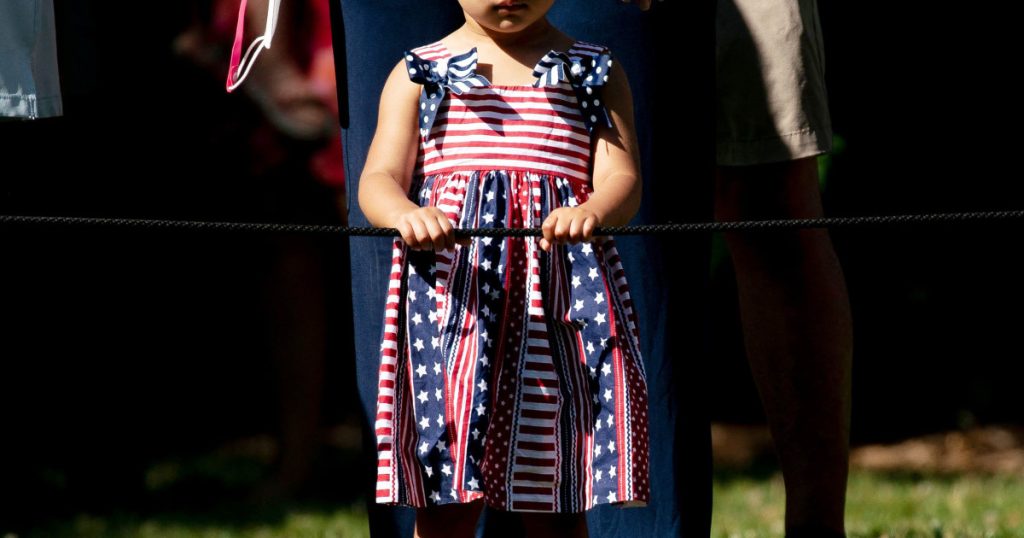WASHINGTON — The Supreme Court on Thursday weighs whether to allow President Donald Trump’s radical reinterpretation of the Constitution’s guarantee of birthright citizenship to go into effect, at least in part, while litigation continues.
In an unusual move, the court is hearing oral arguments on a series of Trump administration emergency requests seeking to limit the scope of nationwide injunctions that blocked the plan almost as soon as it was announced in January.
A decision siding with the administration would not only provide a boost to Trump’s birthright citizenship proposal but would also help the administration implement other policies via executive actions, many of which have also been blocked nationwide by lower court judges.
The justices have not agreed to take up the bigger legal question of whether Trump’s plan comports with the Constitution’s 14th Amendment, which states: “All persons born or naturalized in the United States, and subject to the jurisdiction thereof, are citizens of the United States.”
The longstanding interpretation of the provision as understood by generations of Americans, including legal scholars on the left and right, is that anyone born on U.S. soil is an American citizen with a few minor exceptions, including people who are the children of diplomats.
As part of Trump’s hard-line immigration policy, he wants to limit birthright citizenship to people who have at least one parent who is a U.S. citizen or is a permanent U.S. resident.
In line with the historical understanding of the 14th Amendment, every court that has ruled on the plan so far has blocked it. Trump filed three separate emergency applications at the Supreme Court seeking to narrow the injunctions issued by judges in Maryland, Massachusetts and Washington state.
The Trump administration has complained vociferously about judges who have issued “universal injunctions” blocking various policies rolled out during the president’s first few months in office. The Justice Department says there have been 39 such rulings on a host of issues, including the administration’s ban on transgender people serving on the military, which the Supreme Court recently allowed to go into effect.
Trump has relied in large part on aggressive executive orders to enact his agenda, rather than seeking legislation from Congress or regulatory actions by federal agencies.
The administration’s argument is that federal judges simply do not have the authority to issue broad rulings that affect people other than the litigants appearing before them. As a result, when judges rule that a government policy is unlawful, the decision should only apply to the individual plaintiffs or entities that sued, the administration says.
In response, the challengers say that on an issue like birthright citizenship, a nationwide injunction is appropriate in part because it is vital to have uniformity on such a fundamental right.
Even if some nationwide injunctions cannot be justified, the Supreme Court should not use the birthright citizenship case to curb the ability of judges to issue them at all, lawyers for the plaintiffs argue.
The administration has asked the court to limit the injunctions to individual people or organizations that sued, and potentially the 22 states led by New Jersey and Washington that filed separate lawsuits on birthright citizenship.
Depending on what action the court takes, the proposal could go into effect in more than half of all U.S. states but not others, or against anyone who has not themselves sued or is not a member of the immigrant advocacy organizations CASA and the Asylum Seeker Advocacy Project.
If the court grants the administration’s request in some form, people affected by the executive order may have to file their own lawsuits or join a class action lawsuit.
All of this is taking place amid widespread agreement among legal experts that the Supreme Court would ultimately rule against Trump when the case eventually reaches the justices on the merits.
In recent years, five of the six members of the court’s conservative majority have raised concerns about individual judges having the power to block a president’s actions nationwide, an authority that is traditionally reserved for the Supreme Court.
Such rulings have stymied not just the Trump administration but recent Democratic administrations as well.


